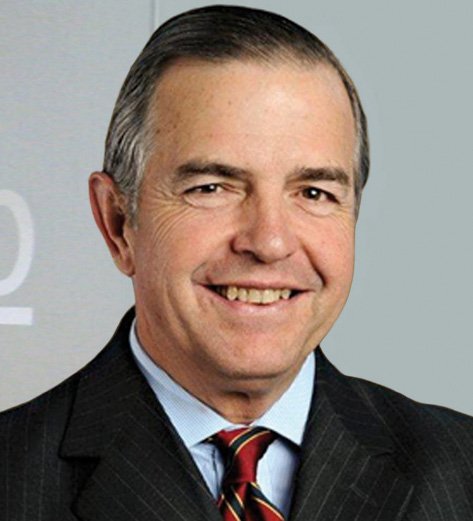Construction of Caleido Tower in Madrid relying on ‘close collaboration’ between lawyers and clients
Issues that need addressing include the construction contract as well as administrative issues, such as permits; meanwhile, office space and rented apartments in Spain are attracting investors.
PwC Tax & Legal is advising developer Inmobiliaria Espacio (part of the Villar Mir Group) on all of the legal issues associated with the 180 metre-tall Caleido Tower in Madrid´s Cuatro Torres financial district – the tower is currently under construction and due to be completed in 2020.
The Caleido Tower has been a long time in the making. In 2008, foundations began to be laid for the construction of an international convention centre, but this plan was frustrated by the financial crisis. As a result, one of the most valuable, high-profile sites in Madrid was left as nothing more than a construction site for several years.
However, developer Inmobiliaria Espacio won the public tender for a 75-year concession on the land in 2014, and subsequently, began the search for a partner to develop the Caleido Project. During this process, PwC advised on the negotiations between Inmobiliaria Espacio and Megaworld Corporation, which is part of Philippine holding company Alliance Global Group. Inmobiliaria Espacio and Megaworld are now joint developers on the €300 million project.
Permit issues
Paula Hernández, partner at PwC, says that the firm is advising on both the corporate and commercial issues related to the project, as well as real estate matters. The real estate issues include the “construction contract as well as administrative issues such as permits, and the declaration of new building works”, remarks Hernández. The firm has also advised on the financing of the project, in addition to being involved in the negotiation of agreements with higher education provider Instituto de Empresa (IE) and healthcare giant Grupo Quirón, which will base part of its operations in the building.
Close collaboration
A project of this scale and complexity requires very close collaboration between law firm and client, argues Carlos Martínez de Aragón, director at PwC. He adds that it is important that lawyers always put themselves in the client’s position and always look for the “best solutions from a business perspective”. Hernández adds that it is also key that the legal advisers have an in-depth knowledge of the relevant project as this means they are able to “cover all related aspects, which is what clients need”.
Investors cautious
Hernández is optimistic about the current prospects for law firms in the Spanish real estate market. “Although levels of activity have not returned to pre-crisis levels, we are seeing transactions, especially in niche developments such as student accommodation,” she explains. “Investors are perhaps more careful, and they are giving more weight to due diligence,” Hernández remarks.
Big appetite
In addition to student accommodation, Hernández says office space and rented apartments are among the other types of assets that are generating interest among investors. “There is considerable appetite for developments which are close to completion and can be rented out fast,” she says. “Spanish SOCIMIS and real estate investment trusts [REITs] are more interested in this sort of asset than empty plots that have to be developed from scratch,” Hernández adds. She believes that one of the factors slowing down foreign investment in real estate is the current political uncertainty. “The political environment is challenging – I believe that optimism will increase as we gain certainty, and the calling of elections would be key to this,” she argues.
Market idiosyncrasies
Even though investment activity has not returned to pre-recession levels, transactions completed by foreign funds during the worst years of the financial crisis remain a notable source of work for law firms, according to Martínez de Aragón.
“The large funds that acquired substantial real estate portfolios continue to require advice, as they don´t necessarily understand the idiosyncrasies of the Spanish market and the legislation,” he says. Hernández adds: “On the other hand, Spanish developers who survived the worst of the crisis are beginning to invest again, and they tend to outsource the legal aspects rather than handle them in-house.”












